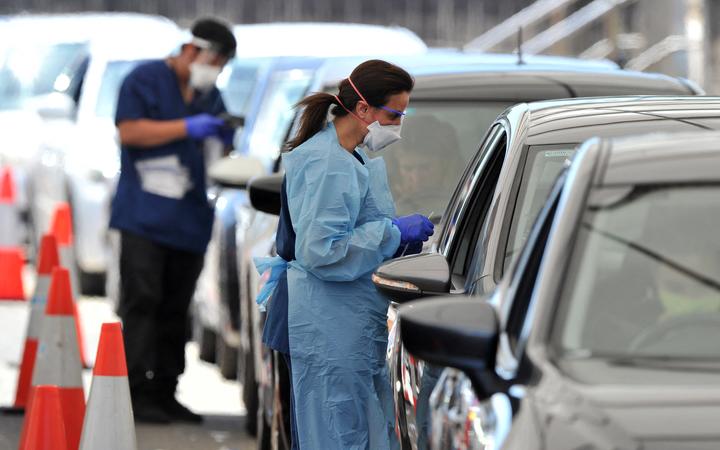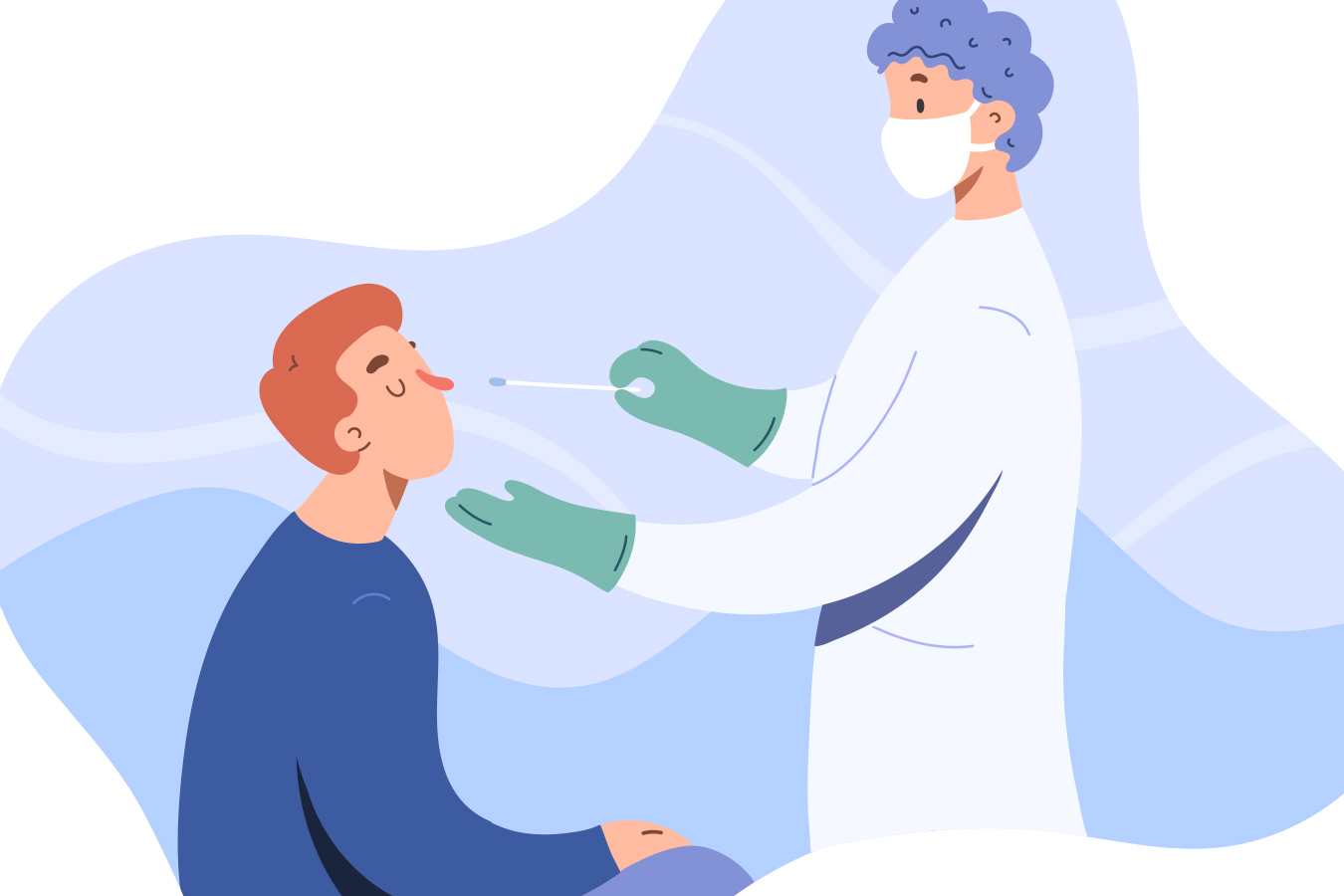The longevity of the pandemic is impacting resources and goods — from primary ones to those more complex, such as antigen tests. In the United States, the scarcity hit the country so hard that people could no longer take tests on an elective basis, but only if symptoms showed up. Luckily, from the 19th of January all Americans will be given four antigen tests for free.
On the other side of the ocean, Europe is likely to suffer from the same situation. With the ongoing Omicron wave, the rate of virality has boomed compared to previous variants, such as Beta, Gamma and Delta. This required an extraordinary number of tests, of the latest generation, so that it could track and identify the possible infection. Unfortunately, the need has not been reflected in what the medical market is providing.
My own personal experience is telling. At the beginning of January, I sought a test for myself from a pharmacy, which is entitled to provide tests according to Italian legislation. The medical referral did not specify the typology of the test that I underwent, giving only a serial number. One should be able, of course, to know the details of the test taken, but the lack of specificity pushed my curiosity to investigate more. Long story short, thanks to my doctor, I discovered that I had been given a first generation antigen test, developed in March 2021, that could detect the original Coronavirus but was incapable of tracking variants. As a matter of fact, in my city, as in many others, people were regularly testing negative to Omicron after being given antigen tests not designed for variants.
To overcome this issue, I should have requested a PCR. But with a waiting list of more than two weeks, it wouldn't have been useful at all. Nevertheless, I had the chance to see the medical referral of one of my colleagues, and we noted that there were no details on the PCR used, nor on the Covid strain found in the test. And this fact opens up another question: How is Italy sequencing right now? Though strongly urged by the former European Medicine Agency President, Giuseppe Rasi, sequencing has always been a mystery in the country. Unfortunately, as the EMA, World Health Organization and academic researchers have stressed many times, sequencing is fundamental to remaining ahead of the virus, to understanding its changes, and to forecasting new peaks and waves.
Difficult to find, with long delays, and unaffordable: those are the realities of PCR tests. Here in Italy, the fixed price on PCRs is 80€, always at one’s own expense. It is widely agreed that making the effort to lower the price would help in both fighting the virus and having reliable data on strains. As a matter of fact, the data is already inaccurate. If we receive obsolete antigen tests and the result is negative, how can that result be trusted? And more broadly, how can the data compiled from those tests be trusted? There is the strong possibility that the reported 180,426 infections per day in Italy (01/15/2021) are hiding many more cases.
There are spillover effects from the testing situation, of course, that directly affect the nation, its health and its economy. And the fault cannot be blamed on one cause or institution. While it may lie in part with pharmacies that provide obsolete tests, one also should look at the anti-fraud authorities, such as Guardia di Finanza, which do not provide the needed surveillance.
While I offer this personal experience from Italy, it is possible to see similarities in the situation in America and elsewhere around the globe. By now, we know that the world will not be free of the virus until all are protected. What may seem a small localized event impacts every nation’s health and economy.
So we surely should be getting the tests right.

/cloudfront-us-east-2.images.arcpublishing.com/reuters/7ETVNMPM7ZNXNJDPS7ZFNSYOFQ.jpg)





